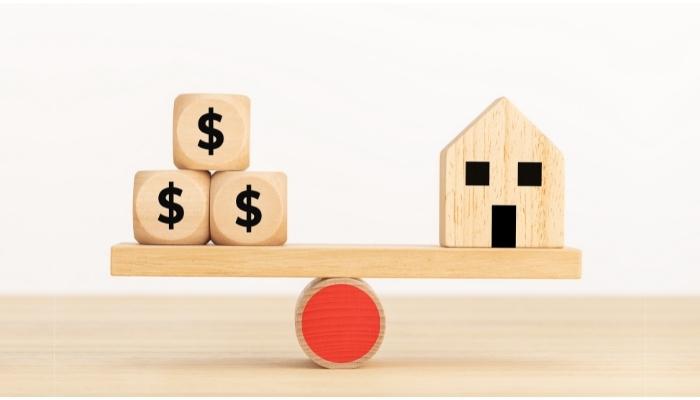
Neglected home repairs can be the biggest factor that decreases property value. And, repairs can be expensive if you don’t have homeowners insurance. Speak to a local independent insurance agent to make sure you’re covered. It’s cheaper for you if insurance pays instead of you paying for expensive home repairs at full price.
To learn more about how property values are affected, read this guest post re-printed by permission by Daniela González
Property value has many moving parts, especially for something that itself doesn’t, well, move. The factors involved in determining property and home value are sliding scales of perception, priority, and personality. What is important to some may be a deterrent to others, so coming to a consensus on the value of a property has numerous considerations.
How Is Home Value Determined?
Size
This one is pretty straightforward – larger homes are more expensive because building bigger homes is more expensive. Depending on where you live, there is a varying cost per square foot to build a home (this has huge variations across the country based on many factors like availability of building material, contractors, remoteness, terrain, etc.).
Age
The age of your home can contribute both positively and negatively to your home value. We tend to place a high value on historical or character homes – classic homes from the early 1900s that have been well maintained and upgraded. Conversely, homes from the mid-1900s forward that have not been updated are not seen as having high value. If your house would not fall into the historical or character home category, renovations and updating are necessary to maintain home value.
Location
Some location elements are primarily about personal priorities—some people prefer being closer to amenities, downtown cores, schools, nightlife, wilderness, hiking and biking areas, etc.
Other locational elements are less subjective. For example, we can confidently say that most of us would prefer not to live next to a dump or landfill—or a meat processing facility, power generation plant, or fire station. A property nearby could have a beautiful home and exterior landscaping, but we would likely still value it less than the same home in a more picturesque location.
Features
The features of your home and property contribute hugely to its market value. What the term ‘features’ encompasses is vast and also highly personal. Here are some features that contribute to the value of your home and property:
- Home gym (including flooring, mirrors, etc.)
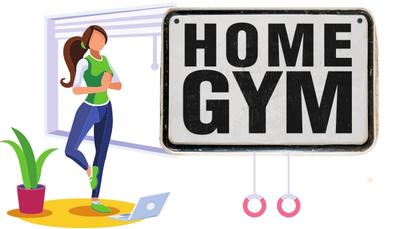
Home Gym Fitness | Hettler Insurance Agency, Lubbock Texas, 806-798-7800
- Home theatre room
- Feature fireplace
- Indoor or outdoor water features
- Oversize windows
- Smart home features
- Finished/heated garage
Safety
Neighborhood safety is a significant factor in the value of your property. Not only is it undesirable to consider living in an area with a higher crime rate, but it will likely cost a potential buyer more in the long run too. Home insurance companies factor in the crime rate in your area and the likelihood that you’ll make a claim due to a burglary or property damage and will give you a higher rate if you live in a high crime area.
Neighborhood
You know the ones, the good neighborhoods where everyone wants to live. It might not be because the houses are beautiful and gigantic; maybe it just has a good vibe or many great locally-owned restaurants. Whatever the reason, some neighborhoods are more desirable than others, and just having your home located there can positively impact your property value.
Tree Value
Tree value can reference both the trees on your property specifically, as well as the trees on your street in general. Having old and well-cared for trees provides a beautiful natural element to your property that people are drawn to, enough so that it has a noticeable effect on your property values.
School District
If you have children going to a public school, this is probably something that you’re already keenly aware of. It’s also an excellent example of how priorities are on a sliding scale regarding property value. If you don’t have children, or they attend or will attend a private school, then you’re much less likely to be willing to pay more to be in a desirable school district.
What can decrease my home value?
Crime Rate
Many potential buyers are savvy about this these days, and they will check on the crime rates
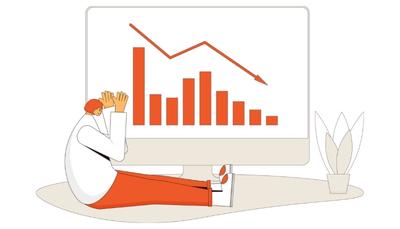
What Decreases Home Value | Hettler Insurance Agency, Lubbock Texas, 806-798-7800
in neighborhoods where they’re interested in purchasing. So not only are those creeps sneaking around and damaging property or stealing from you, they’re bad for the overall value of your home now and into the future.
Neighborhood
Gentrification is a tricky thing when it comes to property value. It relies on an overall increase in property values throughout a neighborhood to bolster the value of individual properties.
Suppose you renovate a home in a less-desirable area with the idea that the neighborhood itself is becoming more gentrified, and that doesn’t happen as quickly as you were hoping (or at all). In that case, you have a property in which the value is negatively impacted by the general area, not by the characteristics of the home or property itself.
Location
There’s a good reason for the old “location, location, location” adage that you’ve likely heard many times before—it’s still relevant! So many factors go into what a desirable location is or isn’t, and they can be tricky to navigate. Here are a few of the important ones to consider:
- Cemeteries – generally speaking, very close proximity to a cemetery will work against your home value.
- Highways – noise from roads is a detractor; while easy access is suitable for property value, it depends on your location.
- Hiking trails – if you’re a hiker, this could be a suitable property feature; however, many people do not prefer to have a reason for multiple strangers to be close to their home year-round.
- Construction – Construction brings noise, people, dust, and traffic. None of these are suitable for your property value.
- Property history – This can be anything from being in a floodplain to having a violent crime committed on your property at some point. Some states have mandatory disclosure laws about certain things, while others do not, so the impact on your property value will depend on the history and where you live.
Tips For Avoiding a Low-Value Home
Be informed
Know what’s happening in your neighborhood and city. It might not be the most exciting activity, but keeping an eye on your city or town council’s activity and any proposed infrastructure changes or construction permits can be a great way to help you stay ahead of the game.
Economic factors
The state of your local and national economy is one of the biggest drivers in real estate pricing. You could have an adorable home with perfect curb appeal, but your property will be valued less if you try to sell in a down economy.
Building regulations
This is a significant factor if you’ve made any additions to your home. Most municipalities require permits for building additions, and if they are not correctly acquired, it is likely to be detrimental to your property value on resale.
Hire a realtor
A realtor can focus their trained eye on areas that you can maintain or improve the home value that you might not have thought of. We get used to our homes and don’t see them with the critical eye that a potential buyer might, so having a realtor in your corner can help you keep ahead.
How To Increase Your Home Value
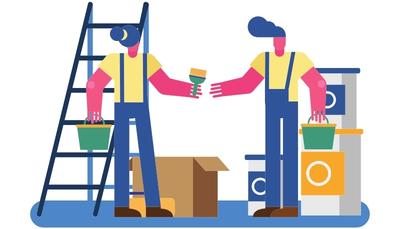
Remodel Increases Home Value | Hettler Insurance Agency, Lubbock Texas, 806-798-7800
Remodel
It’s a big undertaking, but if you want to maintain your home value and stay competitive in the resale market, remodeling is the best way to keep your home current. That’s not to say that you have to gut your home down to the studs every ten years, but making comparatively small upgrades like creating a more open concept floor plan or putting in more oversized windows (even just repainting) will help retain property value.
Add features
Maybe you finish the basement or take that spare bedroom and create a home gym; anything you can add to your home that a future buyer would find attractive will work in your favor. This is also a great way to engage a real estate agent—they know what people are looking for in a home and can give you great advice on what would be an attractive feature to add to your home.
Good maintenance
Little things add up, and they can quickly amount to enough things that, together, decrease your home value— if you need to have a portion of your fence replaced, no problem. Same with new gutters, some new landscaping, or exterior paint. Taken individually, these things are not likely to decrease your property value much. But all together, they definitely will. Keeping those pesky little tasks in check is one of the best ways to make sure that you don’t have a mountain of upkeep to do when you go to sell!
Now, you have a clear picture of the potential pitfalls that could decrease your property value and how to avoid them. So, you’re all set to make sure that you get the most out of your property when you choose to sell.
One Comment
Comments are closed.


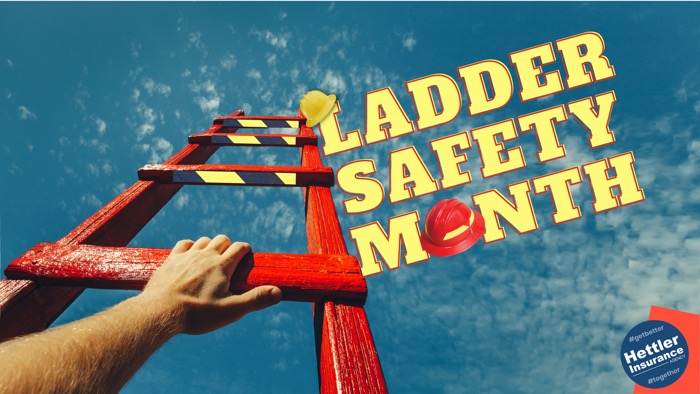

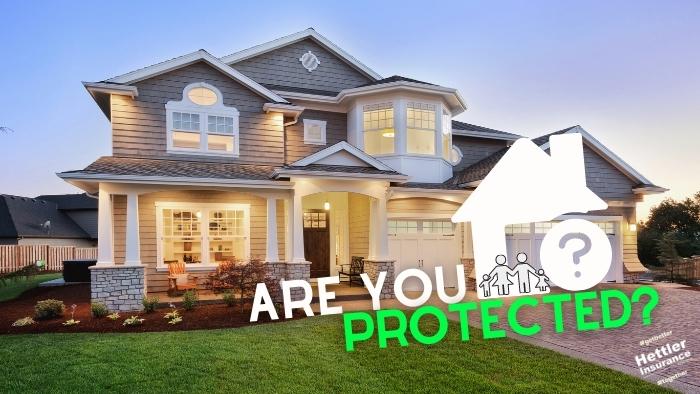
[…] renovations have emerged as a cornerstone in home upgrades. Not only do they cut down on your monthly bills, […]